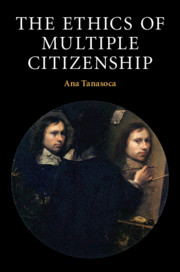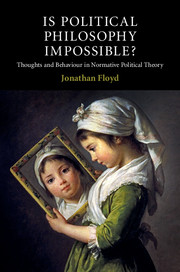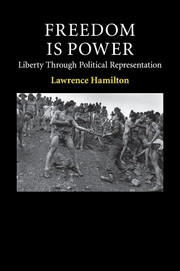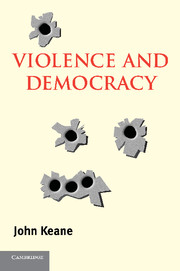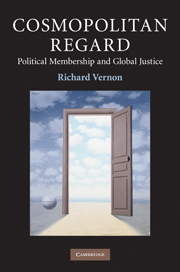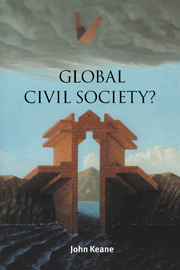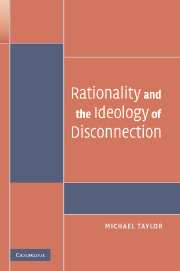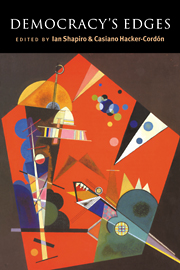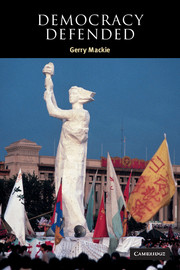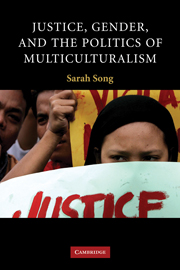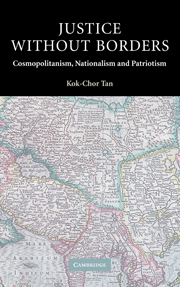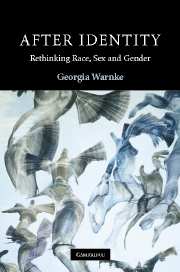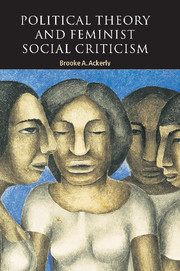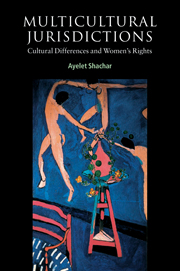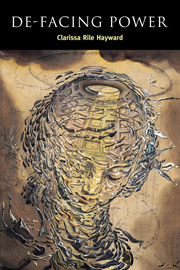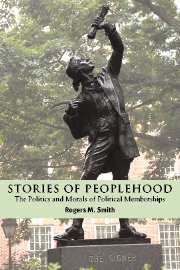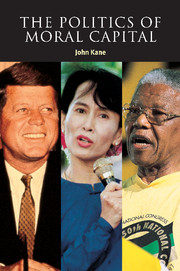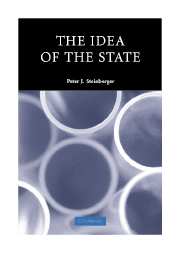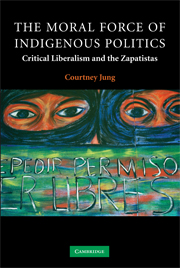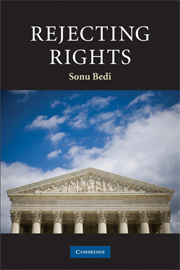At the beginning of the 21st century, major new political challenges have arisen at the same time as some of the most enduring dilemmas of political association remain unresolved. The collapse of communism and the end of the Cold War reflect a victory for democratic and liberal values, yet in many of the western countries that nurtured those values there are severe problems of urban decay, class and racial conflict, and failing political legitimacy. Enduring global injustice and inequality seem compounded by environmental problems, disease, the oppression of women, racial, ethnic and religious minorities, and the relentless growth of the world's population. In such circumstances, the need for creative thinking about the fundamentals of human political association is manifest. This series in contemporary political theory is intended to foster such systematic normative reflection. The series proceeds in the belief that the time is ripe for a reassertion of the importance of problem-driven political theory. It is concerned, that is, with works that are motivated by the impulse to understand, to think critically about and address problems in the world, rather than issues that are thrown up primarily in academic debate.
